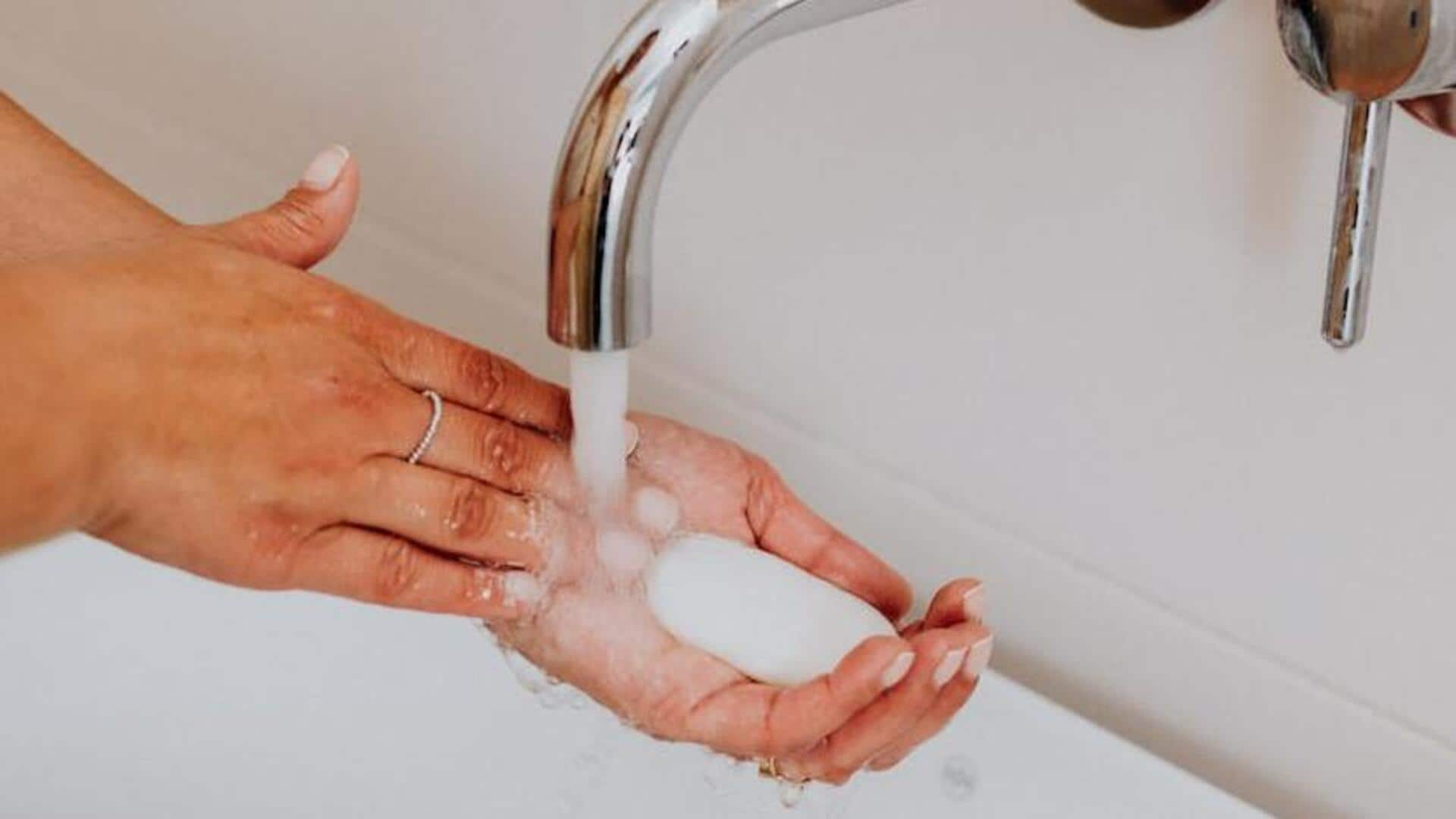
Debunking antibacterial soap myths
What's the story
In our germ-conscious society of today, antibacterial soap is viewed as a magic bullet in the fight against germs. However, many myths about its effectiveness and necessity exist. This article aims to debunk these misconceptions with scientific evidence, and lead us to a better understanding of what truly contributes to cleanliness and health.
Myth 1
Antibacterial soaps are more effective
Most people believe antibacterial soaps are superior to regular soaps in eliminating germs and preventing sickness. However, research by the FDA indicates there's no significant advantage. The key to germ removal lies in proper usage—lathering up with any soap and water for at least 20 seconds is what really matters, not the type of soap.
Myth 2
Antibacterial soaps are safe for daily use
Are antibacterial soaps safe for everyday use? Apparently not, say scientists. Certain ingredients in these soaps (like triclosan) can cause hormonal disruptions and contribute to bacterial resistance. The FDA has warned that the risks of long-term exposure to these chemicals may outweigh the benefits. Regular soap doesn't have these issues and is perfectly safe for daily use.
Myth 3
They protect against more illnesses
Many people believe that antibacterial soap will shield them from more illnesses compared to regular soap. This is a myth. Most common illnesses, including the cold or flu, are caused by viruses, not bacteria. Antibacterial agents do not kill viruses. Washing your hands with any soap (including regular soap) helps remove viruses, preventing their spread. How? It washes them away from the surface of your skin.
Myth 4
Necessary for a healthy home
Ads would have you believe that without antibacterial products, your home is a festering pit of disease. This is a load of baloney. It fosters dependency on unnecessary chemicals and discourages diligence and basic hygiene. Regular cleaning with water and non-antibacterial agents does the trick. A clean home isn't about magic bullets. It's about consistency.